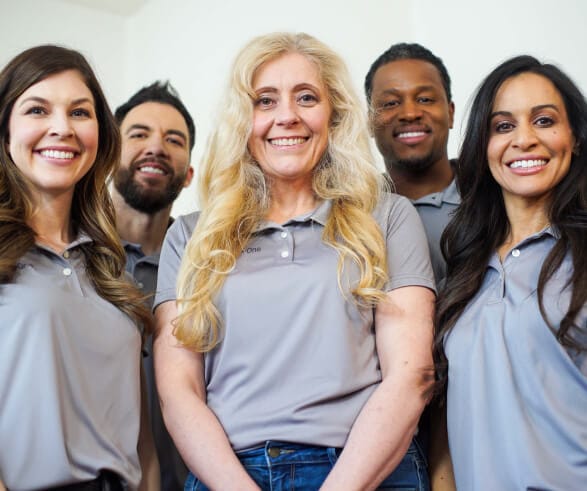
Bio-One Of Orange services all types of trauma, distressed property, and biohazard scenes in communities throughout San Bernardino County Area. We partner with local authorities, communities, emergency services personnel, victim services groups, hoarding task forces, apartment complexes, insurance companies and others to provide the most efficient and superior service possible.
We are your San Bernardino County crime scene cleaners dedicated to assisting law enforcement, public service agencies and property owners/managers in restoring property that has been contaminated as a result of crime, disaster or misuse.

San Bernardino County, officially the County of San Bernardino, is a county located in the southern portion of the U.S. state of California, and is located within the Inland Empire area. As of the 2010 U.S. Census, the population was 2,035,210, making it the fifth-most populous county in California and the 14th-most populous in the United States. The county seat is San Bernardino.
Geography
According to the U.S. Census Bureau, the county has a total area of 20,105 square miles (52,070 km²), of which 20,057 square miles (51,950 km²) is land and 48 square miles (120 km²) (0.2%) is water.
Demographics
The 2010 United States Census reported that San Bernardino County had a population of 2,035,210.